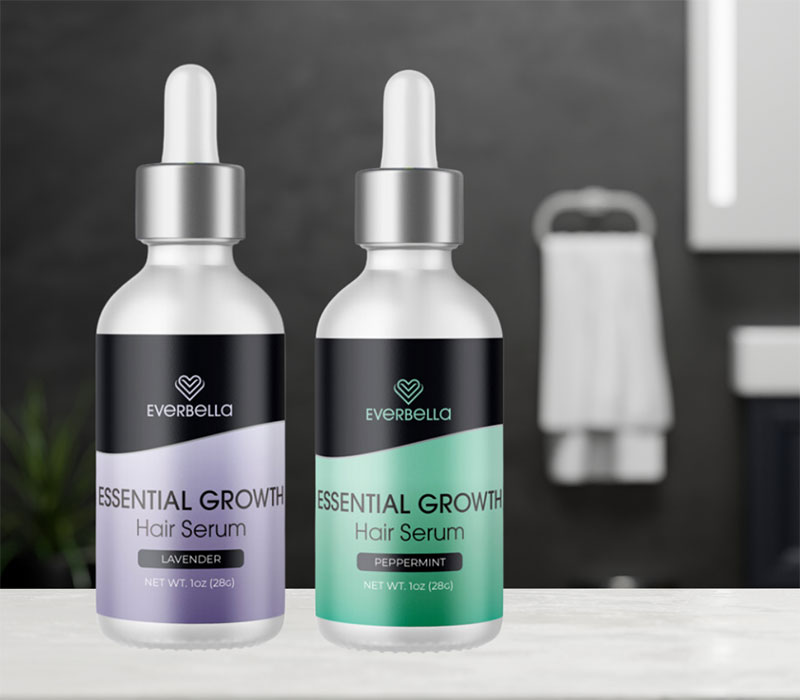Let’s be honest—most of us have wondered, “Do I really need to wash my hair today?” You’ve probably heard people say everything from “wash it every day!” to “once a week is enough!”
So, what’s the truth? How often should you wash your hair? And is skipping shampoo actually good for your scalp?
Don’t worry, by the end of this blog, you’ll have the answers to these questions. PLUS, you’ll know what you should be putting on your head every day no matter what.
Let’s get to the bottom of this hair care mystery!
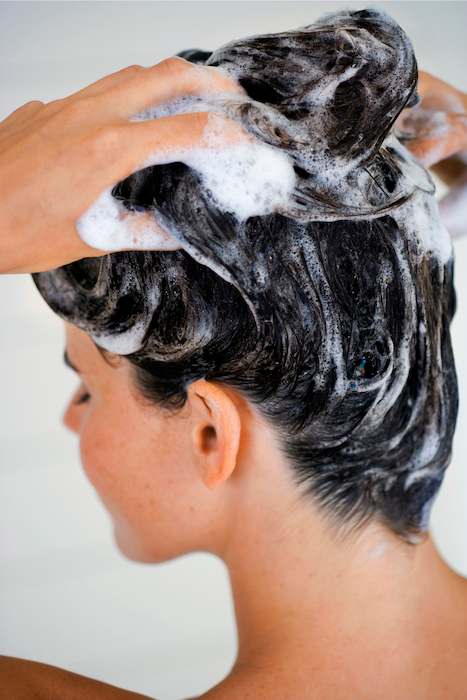
Your scalp makes a natural oil called sebum. It keeps your hair soft and helps protect your skin. But over time, oil, dirt, sweat, dead skin cells, and product buildup can make your hair feel greasy or look dull.
That’s where shampoo comes in. Shampoo helps wash away extra oil, dirt, and anything else hanging out on your scalp.
But here’s the twist—not everyone needs to wash their hair the same way.
Hair type, lifestyle, age, and even where you live can all change how often you should wash your hair. According to dermatologists from the Cleveland Clinic, most people don’t need to wash daily. In fact, over-washing can strip away too much oil and leave your hair dry or brittle. [1]
Let’s look at what affects your ideal hair-washing routine.
If your scalp gets itchy or flaky, it could be a sign that you’re not washing enough—or sometimes, that you’re washing too much. According to the American Academy of Dermatology, how your scalp feels is just as important as how your hair looks.
Do you work out often or sweat a lot? If so, you may need to wash more frequently. Sweat can mix with oil and lead to buildup and even scalp irritation.
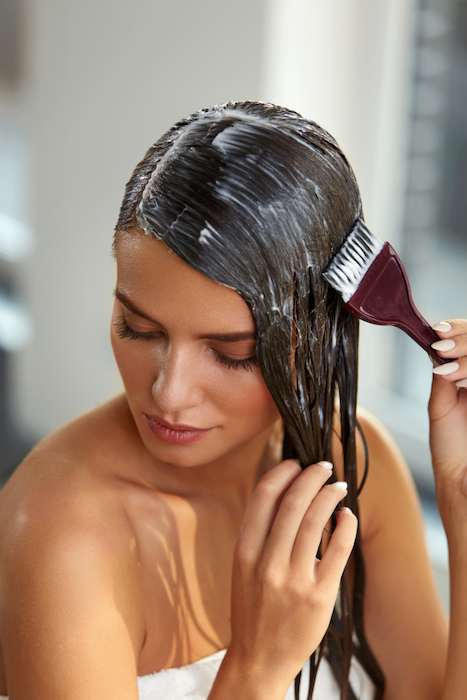
Not necessarily—but it depends on the products you use and your hair type.
Washing daily with a gentle, sulfate-free shampoo can be fine for people with oily hair or who exercise regularly. But using harsh shampoos or washing too often can dry out your hair and damage the protective outer layer called the cuticle.
A 2017 study published in the International Journal of Trichology found that frequent shampooing can weaken hair over time, especially if it’s not followed with conditioner. [2]
Skipping washes isn’t always bad—your scalp may adjust and produce less oil over time. Some people swear by the “no-poo” movement (no shampoo), using only water or natural cleansers like apple cider vinegar.
But for others, not washing can cause:
In a 2016 study from the Journal of Cosmetic Dermatology, researchers found that not cleansing the scalp regularly can lead to increased microbial activity, which may cause irritation or inflammation. [3]
(But there’s actually something you can do about this – keep reading to find out what…)
Dry shampoo is a quick fix that soaks up extra oil. It’s perfect for busy days—but it’s not a real replacement for washing. Overusing it can clog hair follicles and cause buildup.
Dermatologists say to use dry shampoo sparingly—no more than 1–2 times between real washes.
✅ Use gentle, sulfate-free shampoos
✅ Follow with conditioner to protect and hydrate
✅ Don’t use super hot water—warm is best
✅ Massage your scalp—it boosts circulation and helps remove buildup
✅ Listen to your hair—if it feels dry or oily, adjust accordingly
Here’s a basic guide:
| Hair Type | Suggested Wash Frequency |
| Oily or fine hair | Every 1–2 days |
| Normal hair | Every 2–3 days |
| Dry, curly, or thick hair | Once or twice a week |
| Color-treated hair | 2 times a week or less |
| After workouts or sweating | As needed (rinse or gentle wash) |
Remember, this is just a guide. Your hair is unique—do what works best for you!
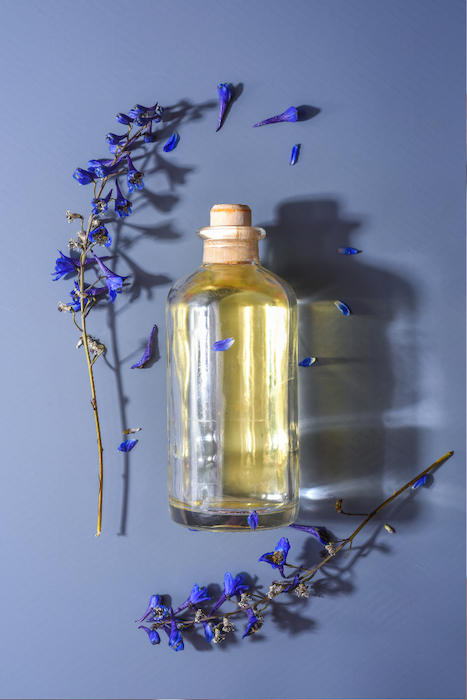
So, you’re spacing out your shampoos to avoid over-washing—but what about your scalp? This is where essential oils like lavender and peppermint come in handy. These natural oils can help you keep your scalp clean, balanced, and refreshed without needing to reach for the shampoo bottle.
If you’re worried that not washing your hair often might lead to buildup or itchiness, lavender oil could be your new best friend. It has antimicrobial and antibacterial properties, which means it helps fight off the microbes that can cause dandruff, irritation, and even minor scalp infections.
In fact, one study showed that lavender oil effectively inhibits the growth of several types of fungi and bacteria commonly found on the scalp. [4]
Even better? Lavender oil has been shown to promote hair growth, thanks to its ability to increase circulation and reduce inflammation. So while you’re giving your shampoo bottle a break, lavender oil is still helping your scalp stay healthy and your hair thrive.
Peppermint oil does more than just smell nice. That fresh, tingling feeling it gives your scalp? That’s a sign it’s increasing blood flow to your hair follicles—something that can help stimulate growth and reduce thinning.
A 2014 study found that peppermint oil significantly increased hair growth in mice compared to even minoxidil (a popular hair loss treatment). [5]
Peppermint oil also has antiseptic and anti-inflammatory properties, making it great for keeping your scalp clean and less oily in between washes. It can help reduce itchiness and flakiness without stripping your scalp’s natural oils—so you stay fresh and balanced without overwashing.
If you’re trying to wash your hair less but don’t want to deal with buildup or greasy roots, lavender and peppermint oil offer a natural, science-backed way to keep your scalp clean and your hair looking its best.
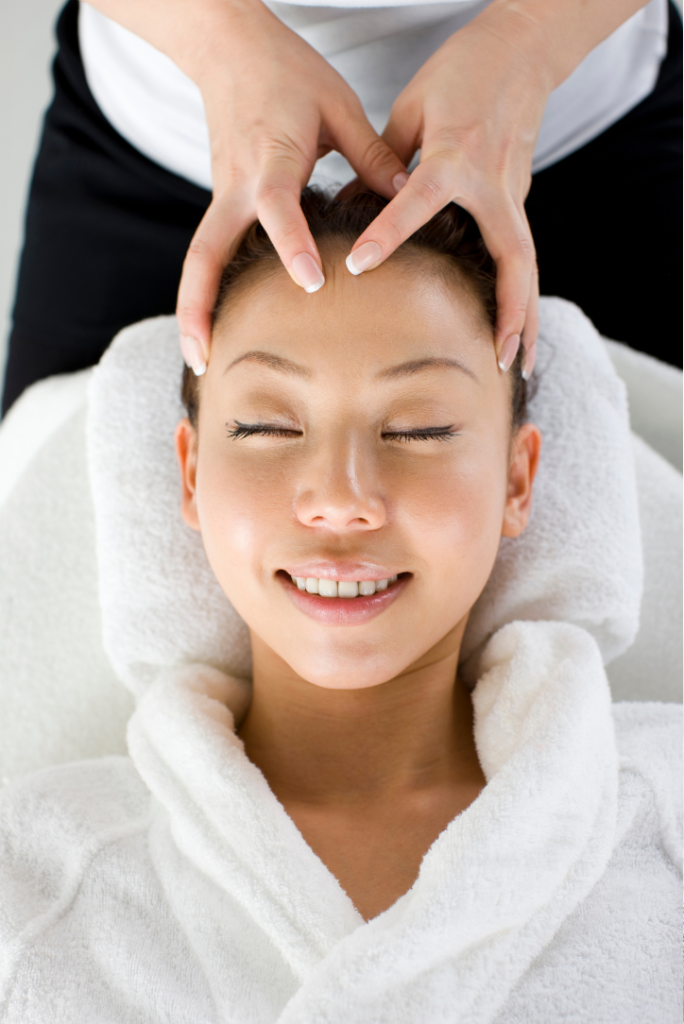
What You’ll Need:
Directions:
Bottom Line
There’s no one rule for everyone. You might need to wash every day, or only once a week. The real trick is paying attention to your hair and scalp. If it looks and feels healthy, you’re probably doing it right.
So whether you’re team daily wash or team skip-a-few, now you’ve got the science-backed info to make the best call for your locks!
And when it comes to boosting your hair health with these incredible essential oils, EverBella can help.
Right now, I’m giving BOTH oils for the price of one!
